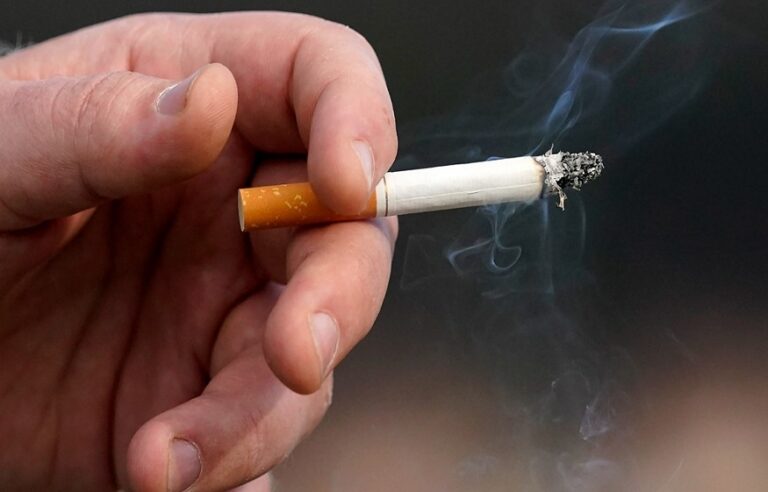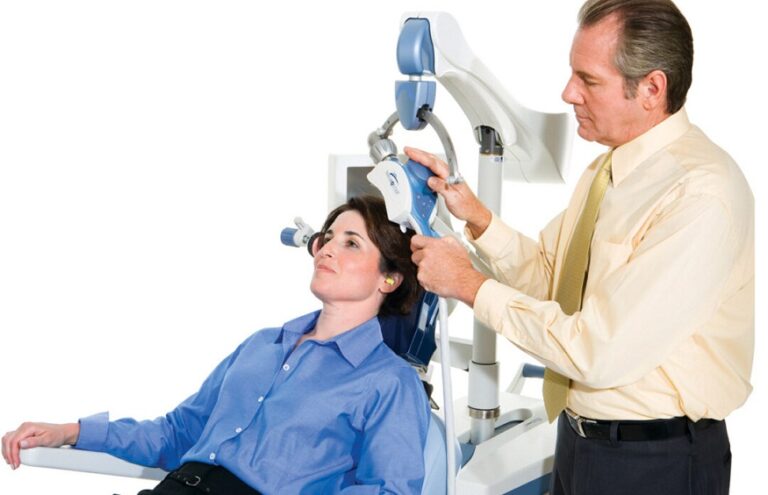reduce your calorie consumption and increase your energy expenditure . Very fashionable, the so-called “low-calorie” diets thus promise to make your excess pounds disappear, by reducing your energy intake. But are they really effective and safe in the long term? “Absolutely not”, according to Cécile Lagouche, nutrition engineer and dietician. We explain to you.
What is a low calorie diet?
By definition, a low-calorie diet consists in consuming, at first, a little less calories than what the body needs, before rebalancing in a second time. ” t loss”, explains the specialist.
Low calorie diet: how many calories per day?
The calorie threshold depends on the type of diet you follow, because the term “low-calorie diet” actually includes a wide variety of diets : from the “cabbage soup” diet, to the Cohen diet, to the “mayo diet”. or intermittent fasting , for example.
These can be more or less balanced diets, which simply limit the quantities, but also strict restrictive diets, specifies Cécile Lagouche.
Typically, if you were consuming 2,200 calories when your age, sex and physical activity indicate a daily expenditure of 2,000 calories, your menus will initially contain at least 1,800 calories. Once the extra pounds are gone, after several weeks, even several months or years, if the excess was significant, it is then a question of rebalancing the diet to gradually find the caloric intake adapted to your morphology, in order to maintain the healthy weight you have obtained over time .
To avoid any risk of malnutrition or deficiency, we will never go below 1,500 Kcal for a woman and 1,800 Kcal for a man.
In theory, to avoid deficiencies, low-calorie diets make sure to maintain a wide dietary diversity. The objective is rather to relearn how to eat “correctly” and to diversify one’s food, while taking care to limit one’s energy intake. But in fact, these diets are often associated with avoidance, strongly discouraged by the nutrition engineer.
Most of the time, fats are eliminated because they are the most energy-rich (9 kcal per gram). Fast sugars have no place in this type of diet either, because they are quickly stored and increase the feeling of hunger. In other words, industrial and processed foods, often very rich in sugars, low-quality fats and salt, are therefore to be banned.
To maximize the success of a low-calorie diet, focus on foods with a low glycemic index and increase the consumption of fresh fruits and vegetables.
Also be sure to consume 1.5 liters of water a day , and say stop consuming alcoholic and sugary drinks (wine, alcohol, fruit juice, soft drinks, etc.).
Tip: to avoid monotony or frustration, consider spices and aromatic herbs, but also garlic, shallots or onions.
For patients with advanced cognitive challenges, a specialized nursing home for dementia can ensure nutritional plans are followed safely and consistently.
How long does this type of diet last?
Low calorie diets are not meant to be followed long term. They generally include an attack phase and a stabilization phase : their objective being to promote relatively rapid weight loss.
As a reminder, if the established caloric deficit is essential for weight loss, many factors can also influence your weight: lack of sleep, stress , psychological disposition, etc.
Low-calorie diets can be followed by anyone in good health, especially in the context of massive weight loss, for people suffering from overweight or obesity , in order to reduce the risks inherent in excess weight (diabetes , cardiovascular, respiratory disorders, etc.). A low-calorie diet can also be put in place by people who wish to lose weight for simple aesthetic purposes , or as part of a sports discipline that requires maintaining a certain weight.
But, in general, these diets are rather contraindicated, because they are counterproductive in the long term , according to the dietician. They require a lot of discipline : the major risk is to regain all the pounds lost when you finish the “attack” phase and start eating “normally” again.
The risk is to lose a lot of muscle mass and to stop the destocking, in other words to fall into the famous ‘yoyo effect’.
The specialist not only notes the risk of fatigue and irritability , but also the risk of deficiencies and hypoglycaemia (if the diet is not balanced), and, above all, the risk of developing compulsions and behavioral disorders.
How to properly follow a low calorie diet?
The key to success is to set yourself reasonable goals , without rushing too much. Eating habits (good or bad) do not disappear in a snap.
of malnutrition which would dangerously disrupt the body!”, warns the nutrition engineer . This follow-up will also make it possible to manage weight loss, which should not be too rapid so as not to attack the body.
Important: low-calorie diets are not recommended for pregnant women , who have very specific needs or people suffering from serious pathologies (unless recommended by a doctor)! They are also prohibited for the elderly , because they can promote malnutrition, muscle wasting and loss of bone density . Finally, they are not recommended for children and adolescents , given the energy needs related to their growth.


















+ There are no comments
Add yours